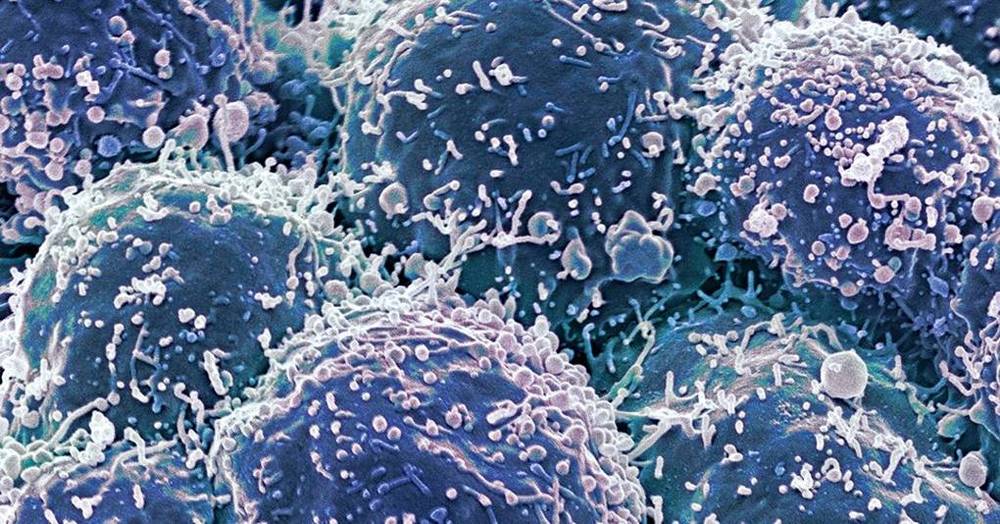Engineers want the Hong Kong-Zhuhai-Macau Bridge to last 120 years… And it just might. (via Seeker)
Get the latest international news and world events from around the world.


Google+ Communities Won’t Go Down Without a Fight
In April of 2019 Google+ is going away. However, if you have stuff that you really want to save someone created a workaround. You can now move your content to Discourse.
Google+ is dead. Granted people have been saying that much for years now, but this time it’s really true. As of April, Google’s social media experiment will officially go the way of Reader, Buzz, Wave, Notebook, and all the other products that the search giant decided they were no longer interested in maintaining. Unfortunately in the case of Google+, the shutdown means losing a lot of valuable content that was buried in the “Communities” section of the service. Or at least that’s what we all thought.
Thanks to the efforts of [Michael Johnson], many of those Google+ communities now have a second chance at life. After taking a deep dive into the data from his own personal Google+ account, he realized it should be possible to write some code that would allow pulling the content out of Google’s service and transplanting it into a Discourse instance. With some more work, he was even able to figure out how to preserve the ownership of the comments and posts. This is no simple web archive; you can actually log into Discourse with your Google account and have all of your old content attributed to you.
To date, [Michael] has managed to transplant over 40,000 posts and around into “The Maker Forums”. With a few more weeks until the lights officially go out over at Google+, he says there’s still time to scrape more data out of the service if anyone has suggestions on maker-related content that they think is worthy of preservation. Of course, as all the code for the project as been released as open source, there’s still hope for the non-technical Communities should anyone want to spearhead the effort to duplicate those as well.

We are happy to announce Dr. Evan Snyder as a speaker for the 2019 Undoing Aging Conference
Dr. Snyder is Director of the Center for Stem Cells and Regenerative Medicine at Sanford-Burnham Medical Discovery Institute.
“Evan needs no introduction to anyone who works in regenerative medicine; he has been at the pinnacle of that field for decades. I’ve been delighted that SENS Research Foundation has been able to work closely with him over the past few years, especially in the form of his annual hosting of some of our outstanding summer interns — he doesn’t even vet them himself anymore, because he knows how stellar our recruits invariably are! I’m intensely proud to have such a titan of our field on the Undoing Aging program”, says Aubrey de Grey.

8 Things to know about pandemic influenza
The threat of pandemic influenza is ever-present. A pandemic can arise when a new influenza virus that hasn’t affected humans before emerges, spreads and causes illness in humans.
Influenza viruses are unpredictable – we can never be certain of when or from where the next pandemic will arise. However, another influenza pandemic is inevitable. In this interconnected world, the question is not if we will have another pandemic, but when.
To protect people across the globe from this threat, the WHO has released a Global Influenza Strategy for 2019–2030. The new strategy is the most comprehensive and far reaching influenza strategy that WHO has developed. The strategy outlines a framework for WHO, countries and partners to work together to prepare for, prevent, and control the influenza.


New Quantum Physics Experiment Suggests That Reality Isn’t Objective
A new quantum physics experiment just lent evidence to a mind-boggling idea that was previously limited to the realm of theory, according to the MIT Technology Review — that under the right conditions, two people can observe the same event, see two different things happen, and both be correct.
According to research shared to the preprint server arXiv on Tuesday, physicists from Heriot-Watt University demonstrated for the first time how two people can experience different realities by recreating a classic quantum physics thought experiment.
The experiment involves two people observing a single photon, the smallest quantifiable unit of light that can act as either a particle or a wave under different conditions.

Woolly mammoth cells brought back to life in shocking scientific achievement
Cells from a woolly mammoth that died 28,000 years ago have begun to show “signs of biological [activity]” after they were implanted in mouse cells. However, researchers caution that it’s unlikely the extinct creatures will walk the Earth again anytime soon.
The research, published in Scientific Reports, details how a well-preserved woolly mammoth, found in 2011 in the Siberian permafrost, has begun to show some activity.

NASA Clears “Dream Chaser” Space Cargo Plane For Full-Scale Production
Watch out space, there’s a new commercial cargo carrier entering the race.
Sierra Nevada Corporation (SNC) has been given the go ahead from NASA to begin full-scale production of it’s “Dream Chaser” commercial space cargo plane. Scheduled to make its first mission in 2020, the company announced on December 18 that it had cleared the last milestone in its Commercial Resupply Services 2 contract. Now the company is able to move ahead with the full-scale production of the carrier which will be used to deliver cargo to the International Space Station (ISS).
